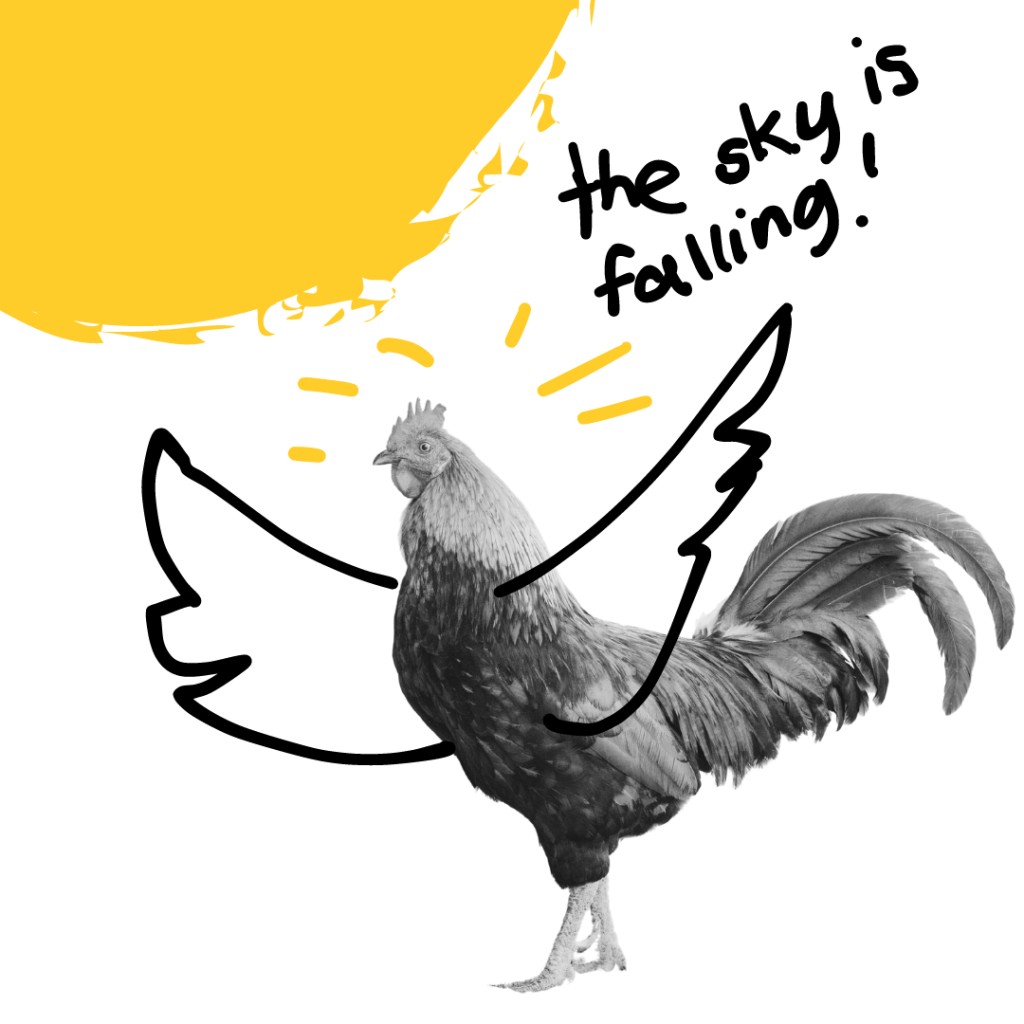
We all have an inner critic. It’s the voice that tells us our work is no good, our bum is too big and that nobody can ever really love us because we are a terrible, awful people. Doesn’t sound like a great person to have hanging around in your head, does it?
But despite what you might think, your inner critic doesn’t tell you how rubbish you are because it wants you to feel bad about yourself. It tells you what it sees you doing wrong because it is trying to protect you.
Your inner critic is trying to keep you out of trouble
Your inner critic sees risk everywhere and wants to make sure you avoid it. It comes down so hard on you is because it wants to stop you from saying the wrong thing or looking foolish or getting hurt. All of its efforts are aimed at trying to keep you safe and out of trouble.
Don’t believe me? I don’t blame you. When I first heard this idea, I was highly sceptical too.
The idea that the same inner critic who cut me to shreds every day over the tiniest of mistakes and failures was doing it for my own good, sounded way too close to the words my father often used after he hit me. That hurt me a lot more than it hurt you. Yeah, right.
But when I started to explore this idea — that my inner critic was trying, albeit ineffectively, to help — I realised it was true. I also realised the picture I had in my head of what my inner critic looked like was all wrong.
My inner critic is a freaked-out chicken
Instead of a big, mean bully who was determined to make me feel like a worthless pile of crap, I saw my inner critic was more like Henny Penny, the chicken who thinks the sky is falling because a nut fell from a tree onto its head. Like I would treat any freaked-out chicken, I let my inner critic run around squawking. What I stopped doing was taking it so seriously.
Rather than seeing my inner critic as an all-powerful part of myself that I was meant to listen to, or an adversary I needed to defeat, I began thinking of it as a frightened part of me that needed comfort and reassurance. I also realised that just because it was trying to help, didn’t mean it was, and that I had a choice about whether I bought into the ideas it kept trying to sell me about myself.
How I speak to my inner critic
IC: This work sucks. People are going to hate this.
Me: Some probably will, but others won’t, so I’m just going to put it out there anyway. And even if everyone hates it, it’s not the end of the world. It’s all going to be okay.
IC: You are so stupid. Why did you say that? They are all going to hate you now.
Me: I get that you want to help, but I’m not stupid. I’m human. I am not going to be perfect all the time. They will accept that I said something that was less than ideal because everybody says stupid things sometimes. In fact, it is highly likely they weren’t even paying attention. But even if they hate me, that’s okay. Not everyone can like you and there are other people who love me as I am.
If my inner critic keeps going, I put my arm around it and say, Henny Penny, I hear you are worried for me. You want me to do well. But the one thing guaranteed to stop me succeeding is if you keep telling me everything I am doing is wrong.
Your inner critic can be an asset
There are times when your inner critic is valuable. Final check time on your work is the time your inner critic shines. That’s the perfect time to say to your inner critic, have at it, girlfriend! Find every misspelled word, slash those passive phrases, tut away at my unnecessary use of the word that.
But when your inner critic begins to overstep, telling you no one will be interested, or that what you are staying is stupid, it’s time to tuck that freaked-out chicken under your arm again and repeat: I hear you are worried. You want me to do well. But the one thing guaranteed to stop me succeeding is if you keep telling me everything I am doing is wrong.
The chicken’s always going to squawk, but you don’t have to let that stop you!

